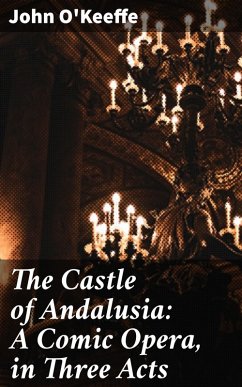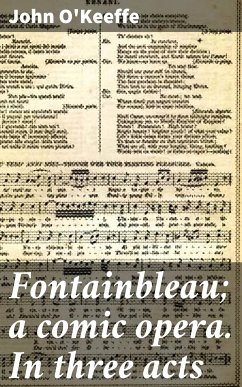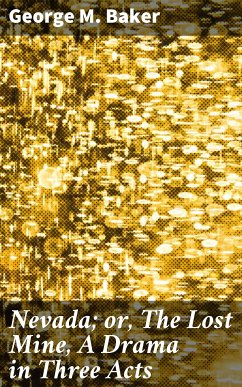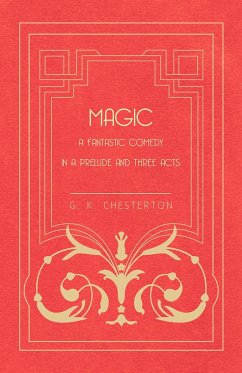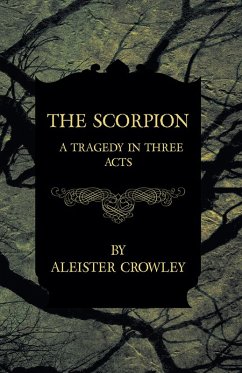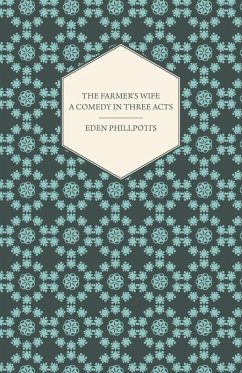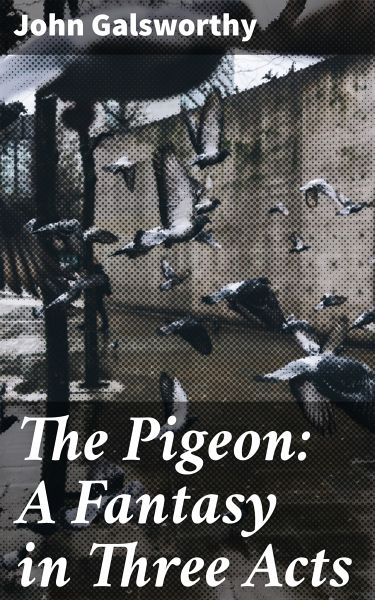
The Pigeon: A Fantasy in Three Acts (eBook, ePUB)
Exploring Power and Oppression: A Fantastical Journey into Human Conflict

PAYBACK Punkte
0 °P sammeln!
In "The Pigeon: A Fantasy in Three Acts," John Galsworthy employs a blend of symbolic and naturalistic styles, crafting a narrative that explores the complexities of human emotions and interpersonal relationships. Set against a backdrop rich in metaphor, the play intricately weaves themes of illusion and reality, underscoring the dichotomy between the mundane and the extraordinary. Galsworthy'Äôs innovative use of the fantasy genre allows for a deeper examination of his characters'Äô motivations and desires, reflecting a society grappling with the constraints of social conventions during t...
In "The Pigeon: A Fantasy in Three Acts," John Galsworthy employs a blend of symbolic and naturalistic styles, crafting a narrative that explores the complexities of human emotions and interpersonal relationships. Set against a backdrop rich in metaphor, the play intricately weaves themes of illusion and reality, underscoring the dichotomy between the mundane and the extraordinary. Galsworthy'Äôs innovative use of the fantasy genre allows for a deeper examination of his characters'Äô motivations and desires, reflecting a society grappling with the constraints of social conventions during the early 20th century. John Galsworthy, awarded the Nobel Prize in Literature in 1932, was a pivotal figure in English literature, known for his keen observations of social issues and moral dilemmas. Growing up in a privileged milieu and later experiencing the tumult of World War I, his works often mirror the tensions between individual aspirations and societal expectations. Galsworthy'Äôs personal experiences and social consciousness coalesce in "The Pigeon," revealing the inner conflicts faced by individuals as they navigate love, responsibility, and the quest for freedom. This thought-provoking play is highly recommended for readers interested in a profound exploration of human relationships intertwined with existential themes. Galsworthy'Äôs rich prose and compelling characterizations invite audiences to reflect on their own realities, making "The Pigeon" an essential piece for scholars of modern drama and lovers of literature alike.
Dieser Download kann aus rechtlichen Gründen nur mit Rechnungsadresse in A, B, BG, CY, CZ, D, DK, EW, E, FIN, F, GR, H, IRL, I, LT, L, LR, M, NL, PL, P, R, S, SLO, SK ausgeliefert werden.





